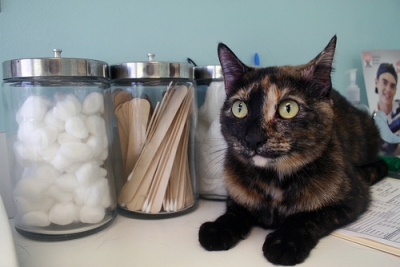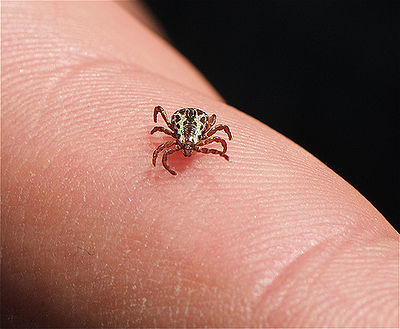
When a pet exhibits chronic vomiting and/or diarrhea, it can mean Inflammatory Bowel Disease, IBD.
IBD is usually seen in middle-aged or older pets, but it can affect pets at any age.
The term IBD covers several gastrointestinal disoders. Although veterinarians are not sure, they think IBD occurs when the immune system attacks the tissues of the digestive tract. The lining of the digestive tract becomes inflamed and depending on where the inflammation is located determines the type of IBD.
Symptoms are chronic vomiting, diarrhea, blood in the stools, sometimes constipation, weight loss.
Your vet will perform diagnostic tests such as blood tests, thyroid function tests, urine and fecal analyses, x-rays and ultrasound. Sometimes biopsies are carried out, taking samples of the intestinal lining under anesthesia.
Diet plays an important part in treating IBD. There are commercial pet foods available for IBD sufferers. However vets willing to treat naturally feel that these commercial foods, particularly the dry foods, are contributing factors to IBD. They recommend a grain-free diet, either canned or raw and have seen marked improvement.
Corticosteriods are used for their anti-inflammatory properties and suppression of the immune system. They also act as appetite stimulants. However steroids should not be used long-term because serious side-effects can occur. Antibiotics are sometimes prescribed to control bacteria.
Holistic and homeopathic vets treat IBD with supplements and diet which help the digestive tract, pancreas, liver and all body organs to work more efficiently and heal.
If your cat or dog exhibits any of the symptoms noted, they should be seen by a veterinarian as soon as possible.



